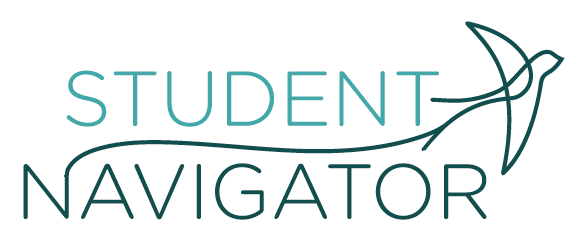Clearing 2025: How to navigate it successfully? Every year thousands of students find their perfect course through Clearing on UCAS. It is there for universities to fill their courses as well as providing a safety net for students who have been unsuccessful in their applications, either in securing an offer or not achieving the conditions of their offer. It also offers a second chance for students who have had a change of mind about which course they want to study or where they would like to study.
However, Clearing can also be bewildering. It has a ‘January sales on Boxing Day’ feel, because it is a market place. Students, parents and schools are all ‘haggling’ to find the best course and universities and their admissions tutors are all wanting to fill their places with the best available students.
Clearing 2025 opened in July. All the news coming out prior to A level results day on Thursday 14th August from media outlets, is that it is going to be a very good year to be in clearing as there are plenty of courses on offer at some of the best universities. Institutions that are not usually in clearing like Durham, Edinburgh and Bristol are in it this year and have courses on offer. Even if you are very happy with the course you have, maybe this is the year to shop around to see what else is available.
It is advisable to plan ahead, either if you haven’t been successful and know that you will definitely be entering clearing or even if you have been successful and secured a conditional offer, but there is a possibility, however small, that you might not achieve the grades. Have it as a ‘back-up’ plan.
Clearing 2025: How to navigate it successfully?
- Plan ahead and do your research. Universities generally know which courses will go into clearing ahead of results day. Keep an eye on www.ucas.com and university websites, as well as advertising on the sides of buses, the internet, social media and newspapers. Have a list of courses that you are interested in before results day. There are often open days over the summer for you to attend to find out more about the course.
- Make sure you have the correct email addresses and phone numbers for the admissions departments you are interested in. On the day you might need multiple phones and extra people on hand just in case you are left waiting to get through or on hold and you can make use of that time.
- Clear your diary on results day and a few days after in case you need to attend an interview or want to visit a university.
- Start early because, ‘the early bird gets their preferred university course!” Most university phone lines will be open from 8am. You can check online beforehand.
- Have your details ready, which include your UCAS ID number, the email address on your UCAS application and your qualifications, including your GCSE results.
- Shop around. Don’t accept the first offer that comes along. If a university offers you a place, take time to consider it. They will discuss your options over the phone or in an email.
- Be proud of what you have to offer. This is a two way process and the universities are also selling themselves to you.
- Don’t be afraid to contact a university that has rejected you to let them know your grades and see if they will re-consider you. You have nothing to lose and everything to gain.
- Ask about accommodation and its availability. You will need to have somewhere to live after you have accepted your offer. This can be a big factor in helping you make a decision.
By all accounts this is a good year to be applying to university because it is a buyer’s market. There are more places on courses than there are students. Clearing offers another chance to see what is available or even to see if that course that you originally didn’t apply for because you didn’t think you would get the grades, is available. Clearing 2025: How to navigate it successfully? Hopefully this post will help, but if you require further assistance, we at www.studentnavigator.co.uk offer guidance and support students in making UCAS applications as well as offering academic mentoring for both primary and secondary students. If you would like any support through clearing or with something else, please contact us to see how we can help you.

